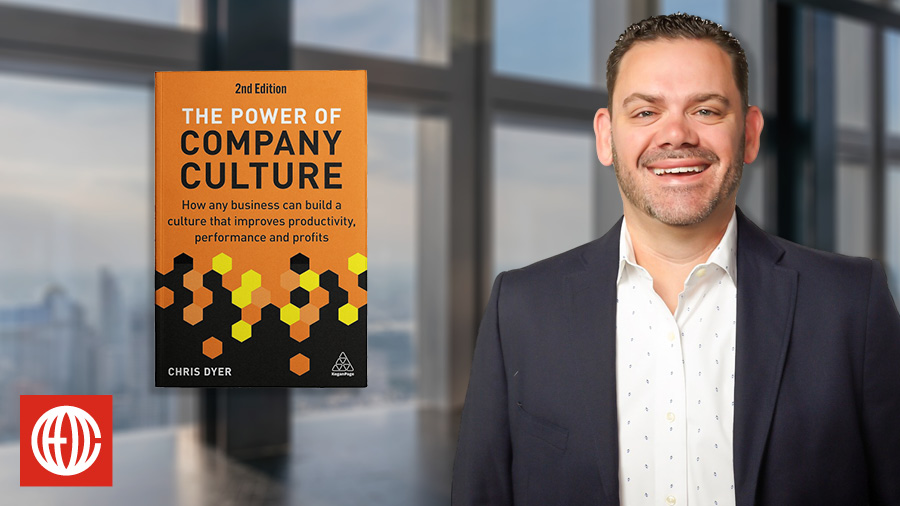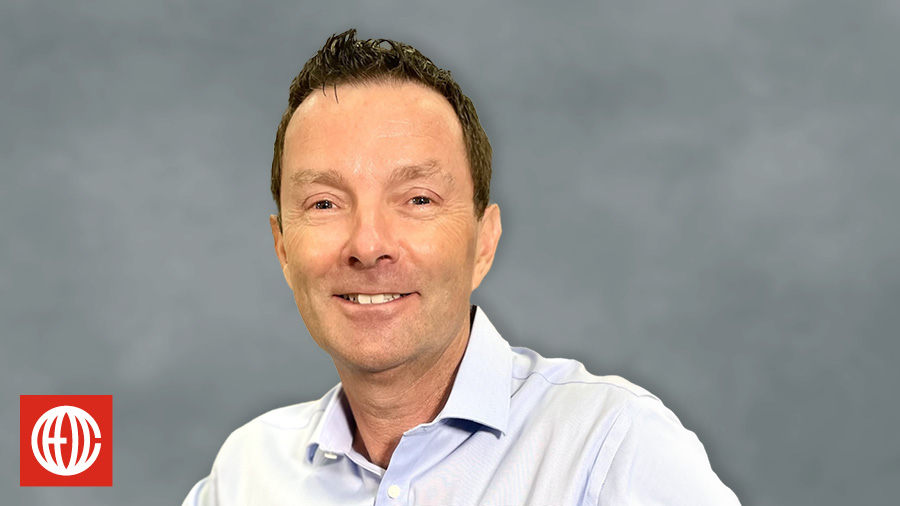
Guest: Chris Dyer, a company culture and remote work expert. He’s also a former CEO who has managed thousands of people, and his companies were consistently named a “best place to work.” Chris’ new book is The Power of Company Culture: How Any Business Can Build a Culture That Improves Productivity, Performance and Profits.
Overview: Recently, the tech and entertainment sectors have given us some high-profile examples of what happens when a company’s culture degrades from a strength into a liability. CEOs have to be intentional and specific about building a culture that will generate value for all stakeholders, keep the company moving toward its targets, and, ultimately, Make BIG Happen.
On today’s show, Chris Dyer discusses what culture is, how leaders cultivate it, and how culture can drive or destroy growth.
Chris Dyer on why CEOs often struggle to build a great culture:
“A lot of leaders can find themselves very disconnected from what the ultimate culture of the company is. They may want to have a family environment and they may want to slow down. They may want to do these things for their people. And the rest of the company is, ‘No, go faster. Screw people, screw process, screw the customer, just go faster.’ And we see that all the time.
“The first thing we need to do to have a great culture is to be very clear about what that culture is and what is it we’re trying to do. And I find that CEOs really struggle with this, typically, because they’re really good at the thing that they’re good at that caused them to start a company to begin with. And most people don’t start a company to have a great culture. They start a company because they have a great product or a great service or something they can make money from. And they have to bring all these people in, and they don’t think, ‘I should also have a great culture.'”
Chris Dyer on quantifying culture:
“I believe that company culture is the only way for the business to get what it wants and for employees to get what they want. So we have to think about measuring things in two different buckets. For the company, we are measuring productivity, performance, and profits. Are those things getting better? And I don’t think we should be trying to measure this so that every year it has to go up. At some point, it’s impossible to get more productive. So we have to be reasonable with this number. But are we getting good productivity numbers? Are we having great performance numbers? Meaning, how the company is doing and performing. And then, are we profitable?
“Once those things are being met, then we can say, ‘What do employees really value and care about?’ And that will be different as well, based on the organization. Is it trying to be more inclusive? Is it trying to be more diverse? Is it trying to be more secure? Are we trying to allow people forward advancement or better pay or more flexible work? What is it that they care about? Get inside the ecosystem of your employees by asking them, by talking to them, and surveying them on a regular basis.
“Then you’ve got to market the crap out of it. If you listened and you did something about it, did you go back and make sure the employees understood you heard them and you did something about it? That’s on you. You better go market that all day long. And I’ll tell you, it’s exhausting. It is exhausting to have to listen, figure out what to do, and then go back and tell them what we did about it. But that’s our job. And that’s the only way we’re going to have great people stick around for a long time.”
Chris Dyer on how strong culture prioritizes people:
“Your employees come first, your customers come second, and the stakeholders go third. Maybe you can argue that, in a public company versus a private company, shareholders and investors need to have a different path.
“But I spent years putting my customer on the pedestal as the number one. And all we did was worry about what the customer thought, what the customer needed. And I gave that up. I threw that playbook away and I decided that I was going to help my employees. Help them get better, help them clear their obstacles, and do everything I could to be the person with the machete in the jungle, clearing that path for them every day.
“And when I did, that was when we grew. That was when we got the most profitable. That was when we had our highest customer satisfaction surveys. That was when we had the best value for our shareholders. Only then, because my employees individually were a hell of a lot better at doing their jobs than I was at trying to do their job by focusing on the customer first, right? I hired these great people, you gotta get out of their way, let them do what they’re doing, what they do well. And so when we spent all of our time trying to help them, everything changed for us in such a positive way.”
Links:
Turning Your Company’s Culture into a BIG Competitive Advantage – Marty Parker, the founder and CEO of Waterstone Human Capital, provides a deep dive on the specific, intentional ways that CEOs can transform culture and create a high-performing organization that attracts and retains the best people.
5 Keys to Inspiring a BIG Culture Change – CEO Coaching International’s Andres Molano shares a five-part framework CEOs can use to drive a BIG culture transformation that will kick off a promising new chapter for their companies.
About CEO Coaching International
CEO Coaching International works with CEOs and their leadership teams to achieve extraordinary results quarter after quarter, year after year. Known globally for its success in coaching growth-focused entrepreneurs to meaningful exits, CEO Coaching International has coached more than 1,000 CEOs and entrepreneurs in more than 60 countries and 45 industries. The coaches at CEO Coaching International are former CEOs, presidents, or executives who have made BIG happen. The firm’s coaches have led double-digit sales and profit growth in businesses ranging in size from startups to over $10 billion, and many are founders that have led their companies through successful eight, nine, and ten-figure exits. Companies working with CEO Coaching International for two years or more have experienced an average revenue CAGR of 31% (2.6X the U.S. average) and an average EBITDA CAGR of 52.3% (more than 5X the U.S. average).
Learn more about executive coaching | Meet our world-class coaches









